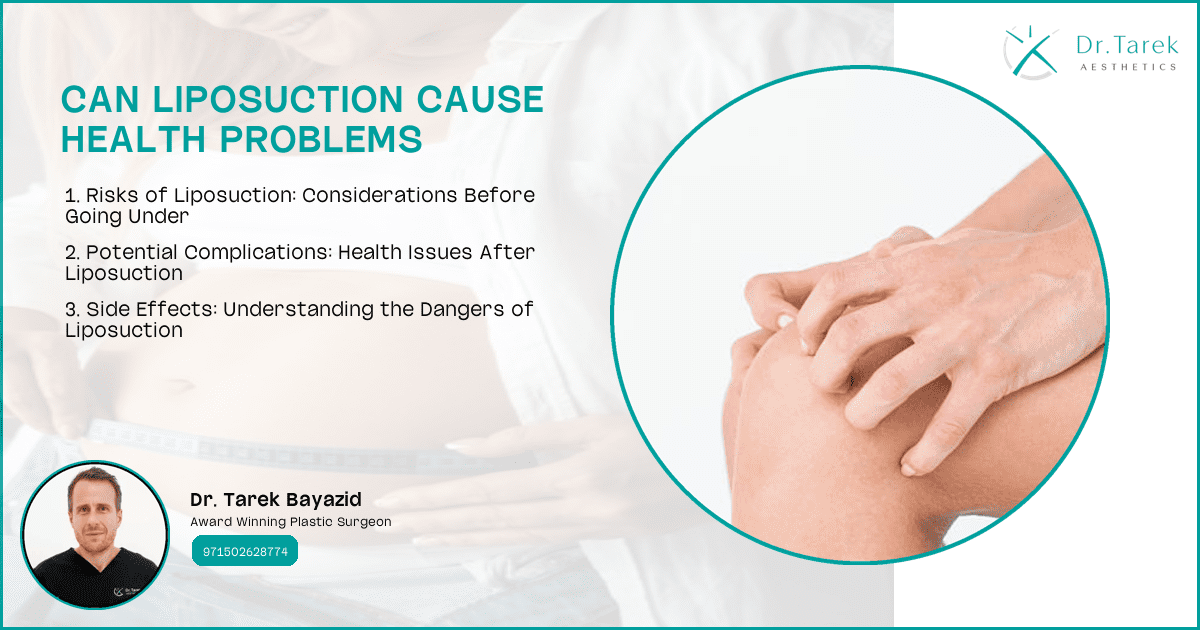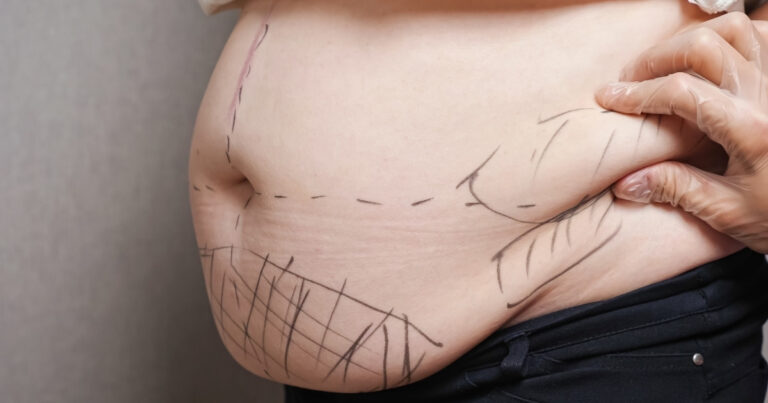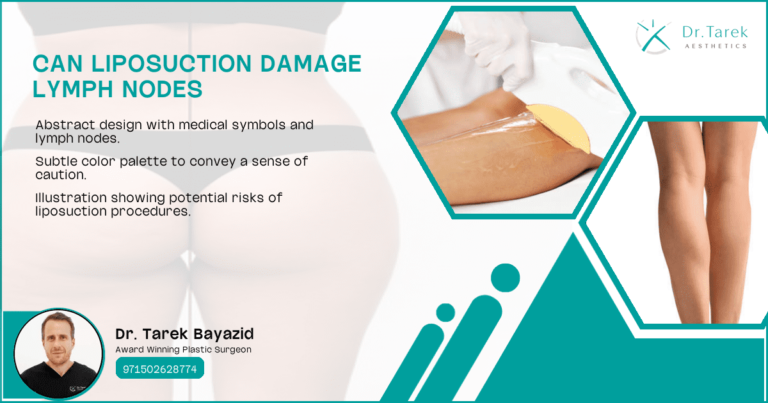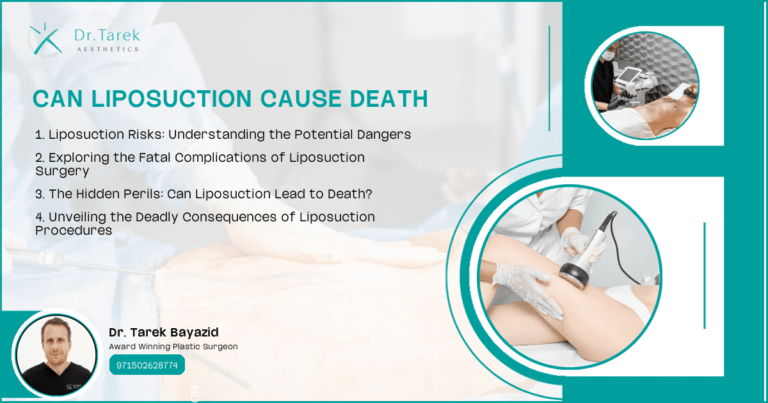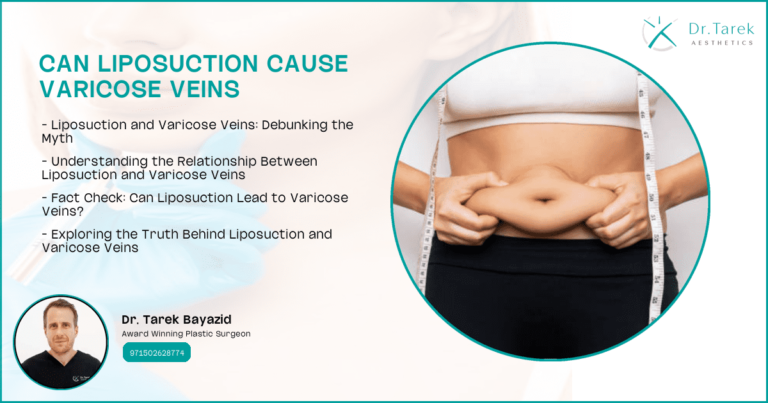Liposuction is a popular cosmetic procedure that many people consider to achieve their desired body shape. However, the question remains: can liposuction cause health problems? This article delves into the potential risks and benefits of liposuction, providing a comprehensive guide for those considering this procedure.
How Does Liposuction Works?
Liposuction is a surgical procedure designed to remove excess fat from specific areas of the body. It works by using a suction technique to extract fat deposits, helping to contour and reshape the body. This procedure is often sought by individuals who have not achieved their desired results through diet and exercise alone.
Targeted Lipo Technique helps remove fat from specific body areas
doctors use special tools in Targeted Lipo Technique to shape your body
Types of Liposuction Procedures
There are several types of liposuction procedures, each with its unique approach. Traditional liposuction involves using a cannula to manually remove fat. Tumescent liposuction, on the other hand, involves injecting a solution to ease fat removal. Laser-assisted liposuction uses laser energy to liquefy fat before removal, while ultrasound-assisted liposuction employs ultrasonic vibrations to break down fat cells.
Areas of the Body Suitable for Liposuction
Liposuction can target various areas of the body, including the abdomen, thighs, buttocks, arms, and neck. Each area requires a tailored approach to ensure optimal results and minimize risks. It’s essential to consult with a qualified surgeon to determine the most suitable areas for liposuction based on individual needs and body type.
Book A Consultation With Dr Tarek Bayazid
Top-rated Plastic Surgeon For Liposuction in Dubai
Installment Plan Available
- Abdomen
- Thighs
- Buttocks
- Arms
- Neck
Can Liposuction Cause Health Problems?
While liposuction is generally considered safe, it can cause health problems if not performed correctly. Understanding the potential risks is crucial for anyone considering this procedure.
Short-term Risks and Complications
Short-term risks of liposuction include bleeding, infection, and adverse reactions to anesthesia. These complications can occur during or immediately after the procedure. It’s vital to follow post-operative care instructions to minimize these risks.
Common Side Effects of Liposuction
Liposuction, like any surgical procedure, comes with its share of side effects. Understanding these can help patients prepare and manage their expectations.
Pain and Swelling
Pain and swelling are common after liposuction. These symptoms typically subside within a few weeks, but they can be managed with prescribed medications and proper care.
Bruising and Numbness
Bruising and numbness in the treated areas are also common. While bruising fades over time, numbness may persist for several weeks or months.
Contour Irregularities
Contour irregularities can occur if fat removal is uneven. This can result in a lumpy or wavy appearance of the skin, which may require additional procedures to correct.
- Pain management
- Swelling reduction techniques
- Monitoring bruising and numbness
- Addressing contour irregularities
How to Minimize Health Risks During Liposuction
Taking proactive steps can help minimize health risks associated with liposuction.
Choosing a Board-Certified Plastic Surgeon
Selecting a board-certified plastic surgeon ensures that the procedure is performed by a qualified professional. This certification indicates that the surgeon has met rigorous standards in training and expertise.
Following Pre and Post-Operative Instructions
Adhering to pre and post-operative instructions is crucial for a smooth recovery. These instructions may include dietary restrictions, activity limitations, and wound care guidelines.
Maintaining Realistic Expectations
Having realistic expectations about the outcomes of liposuction can prevent disappointment and reduce stress. Understanding that liposuction is not a weight-loss solution but a body contouring procedure is essential.
- Researching surgeon credentials
- Understanding pre and post-operative care
- Setting realistic goals
Alternatives to Liposuction for Fat Reduction
For those seeking fat reduction without surgery, several alternat ives to liposuction are available.
Non-Invasive Body Contouring Treatments
Non-invasive treatments such as CoolSculpting and SculpSure offer fat reduction without surgery. These procedures use advanced technology to target and eliminate fat cells, providing a less invasive option.
Lifestyle Changes for Natural Fat Loss
Adopting a healthy lifestyle with regular exercise and a balanced diet can naturally reduce body fat. These changes not only promote weight loss but also improve overall health and well-being.
- CoolSculpting
- SculpSure
- Exercise routines
- Balanced diet plans
Recovery and Aftercare to Prevent Health Complications
Proper recovery and aftercare are vital to prevent health complications following liposuction.
Post-Operative Care Guidelines
Following post-operative care guidelines is essential for a successful recovery. These may include wearing compression garments, attending follow-up appointments, and avoiding strenuous activities.
Signs of Potential Health Problems to Watch For
Being vigilant about signs of potential health problems can ensure timely intervention. Symptoms such as excessive swelling, severe pain, or signs of infection should be reported to the surgeon immediately.
- Compression garment use
- Follow-up appointment schedule
- Recognizing warning signs
Long-Term Health Considerations After Liposuction
Maintaining long-term health after liposuction requires ongoing effort and care.
Maintaining Results Through Diet and Exercise
To maintain liposuction results, a commitment to a healthy diet and regular exercise is necessary. These lifestyle changes help prevent weight gain and preserve the procedure’s benefits.
Potential Need for Follow-Up Procedures
In some cases, follow-up procedures may be needed to address any irregularities or to further enhance results. Discussing these possibilities with the surgeon can help set realistic expectations.
- Healthy eating habits
- Exercise plans
- Discussing follow-up options
Liposuction can be an effective solution for body contouring, but it’s essential to understand the potential health risks involved. By choosing a qualified surgeon, following care instructions, and maintaining a healthy lifestyle, patients can minimize these risks and achieve their desired outcomes.
FAQ’s
Is Liposuction Safe for Everyone?
Liposuction is not safe for everyone. Individuals with certain medical conditions or those who are significantly overweight may not be suitable candidates. A thorough medical evaluation is necessary to determine eligibility.
Can Liposuction Affect Internal Organs?
Liposuction can potentially affect internal organs if not performed correctly. However, this risk is minimal when the procedure is conducted by an experienced surgeon. Proper technique and careful planning are crucial to avoid such complications.
How Long Do Health Risks Persist After Liposuction?
Health risks from liposuction can persist for several weeks to months. Short-term risks like swelling and bruising typically resolve within weeks, while long-term concerns may require ongoing monitoring. Regular follow-up visits with the surgeon are recommended.
